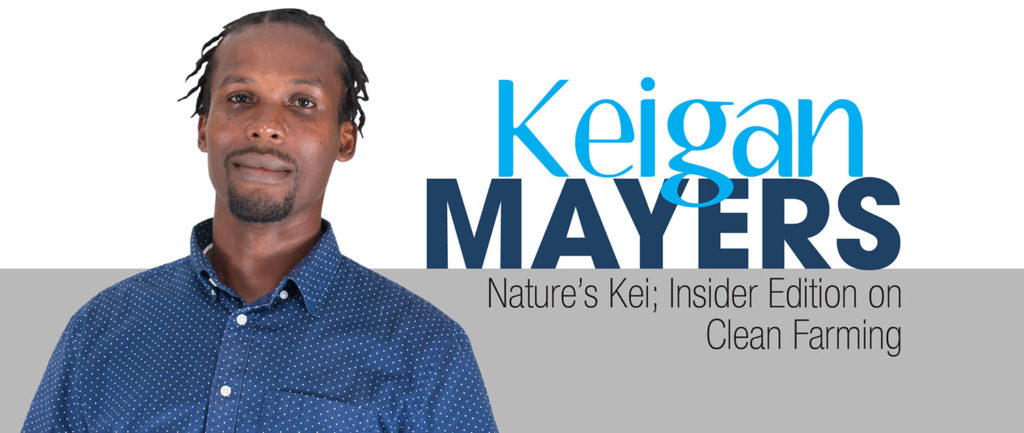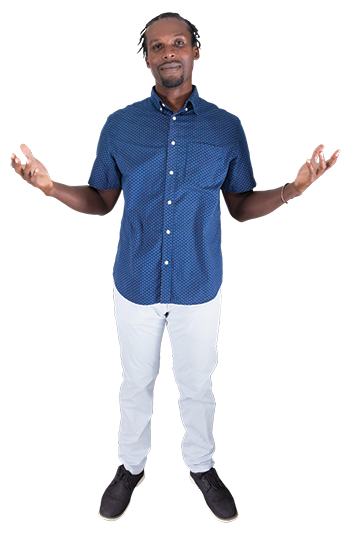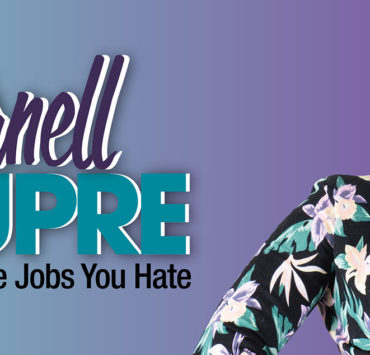
Keigan Mayers, founder of Nature’s Kei, sat with us to discuss his passion and drive for what he does. Keigan’s whole idea was to open up a farm and ensure that the food was of high quality and that meant making it organic as well. The farm, currently sitting on 4.5 acres of land, has been in operation since 2013, in La Guere, Babonneau. Nature’s Kei doesn’t only cater for businesses, they also deliver to their customers, which he’s found satisfying in that he gets to meet the people buying from him and it’s ewarding to hear how he impacted them.
Interacting with customers means getting to know how they feel one on one about your product.
“It’s been great. I’ve had a lot of people comment on the freshness of it and the flavour. They love the fact that all of our food is organically treated and I can pick it at any given time. When I started growing kale I started growing about 1200 plants and that was producing 300 pounds every 21 days. That’s a lot of kale and I sold it at $7 a pound, which blew people’s minds. And because the food is organic it lasts longer. You have a fresher product for a longer time.”
“We live in a hot, humid environment which breeds pests and disease and it’s really a struggle trying to get the right mix of organics to work with the plants so that has been quite a journey.”
Even with the extensiveness of his business, the team is not as big as we’d think. “I fly mainly solo. My team is a mentor of mine and a farmer out of Jamaica. But on the ground it’s basically me figuring it out myself and making it work.” Which makes us wonder about the moment he knew that this was what he wanted to do for a living. “It was refreshing. I think for the first time it meant that I actually figured out what I wanted to do after a very long time. I never found anything that really drove me to say, “oh I want to keep doing this.” I was doing a lot of things I was good at, like Information Technology and Writing but it still didn’t mean that my heart and soul was into it. I think that was my existential moment, trying to figure out what I wanted to do with my life. And when I zoned in on food, and I was like, “okay I can try this,” it was an insane idea because I had very little training in it. I mean I worked on farms for a bit as a summer job but I grew up a city boy so to say I knew what farming was well, I did not.”
While he admitted to going in partially blind, his little experience in the field has helped level up to where he is today. “I worked on some farms during my summer vacations off of school. It was my first experience with that kind of thing and I remember after I’d worked my first week, I was sick for like three days. It was a challenge and my body was not used to the kind of energy that was needed but I still wanted to do it because I loved a challenge. That’s where I learned how to deal with toxic chemicals. Then I worked on a poultry farm, and they had pigs. I never wanted to do that one again, because while you get accustomed to the hours you don’t really get used to the smell. That basically covers my background in farming and doing Agriculture in school, which is why the transition into farming was insane. I eventually went over to Mexico to do a course on Protective Farming for about two and a half weeks and there I met the farmer from Jamaica and we started talking.”
Like all other seemingly passive careers, farming also has misconceptions for persons who are unaware of the depth in which it goes. “The biggest misconception is that it’s easy, that it’s about putting a seed in the ground and it’s just going to do its thing. Agriculture itself is a man-made thing. It’s engineered by man, it’s not how plants naturally grow. The moment you start doing any form of mono cropping, no matter how small the scale, you exponentially increase the risk factor of growing bad crop. That part makes it really tough. The other thing is that they say it’s not a science, which it is. There’s a lot of science involved
in farming. Understanding the difference between moisture and wetness; a simple thing like that, for example. Whether a seed needs darkness or light to germinate. There’s a lot to it.”
Although it’s clear that Keigan is passionate about what he does, in every field there are things that irk that you. “Being able to control the weather,” he answered when we asked him about one thing he would change if he could. “You’re fighting against a lot of things, a lot of unknowns at this point. I think what I dislike most is the general lack of data about farming. We generally grow with low levels of technology. Knowing what your soil is like and knowing what’s happening with your plants and being able to test and get information quickly; the lack of that in the space that we’re in is what I dislike the most. I can’t do anything about the weather so I’m going to dislike something that can be changed or controlled.”

For both Nature’s Kei and Keigan, we wanted to know what was in store for the future. “Personally, I would want to create a bigger impact in the industry. I’d want to bring in more technology, make it more climate smart and more productive. For Nature’s Kei, what we’re looking at is introducing elements of permaculture, which is a more sustainable way of doing farming. I also want to add some more value added items like zucchini pasta. We also want to start a herb garden, so things like essential oils. We want to start doing all these things soon, to make it a more profitable business.”
Keigan told us about his personal growth from when he started to now. “It’s a lot of personal growth that had to happen. That came in learning to bury my ego and surrendering to forces you really and truly can’t control. I also had to learn the value of food. I don’t think I really considered how much food impacted life until I started growing it and seeing it for myself. Until I started having cancer survivors requesting large amounts of your food because they know it doesn’t have any toxic chemicals. That was a main lesson for me.”
We wish both Keigan and Nature’s Kei extreme success in their future endeavors as they embark on a roller coaster ride of risks and difficult choices. Good luck!




